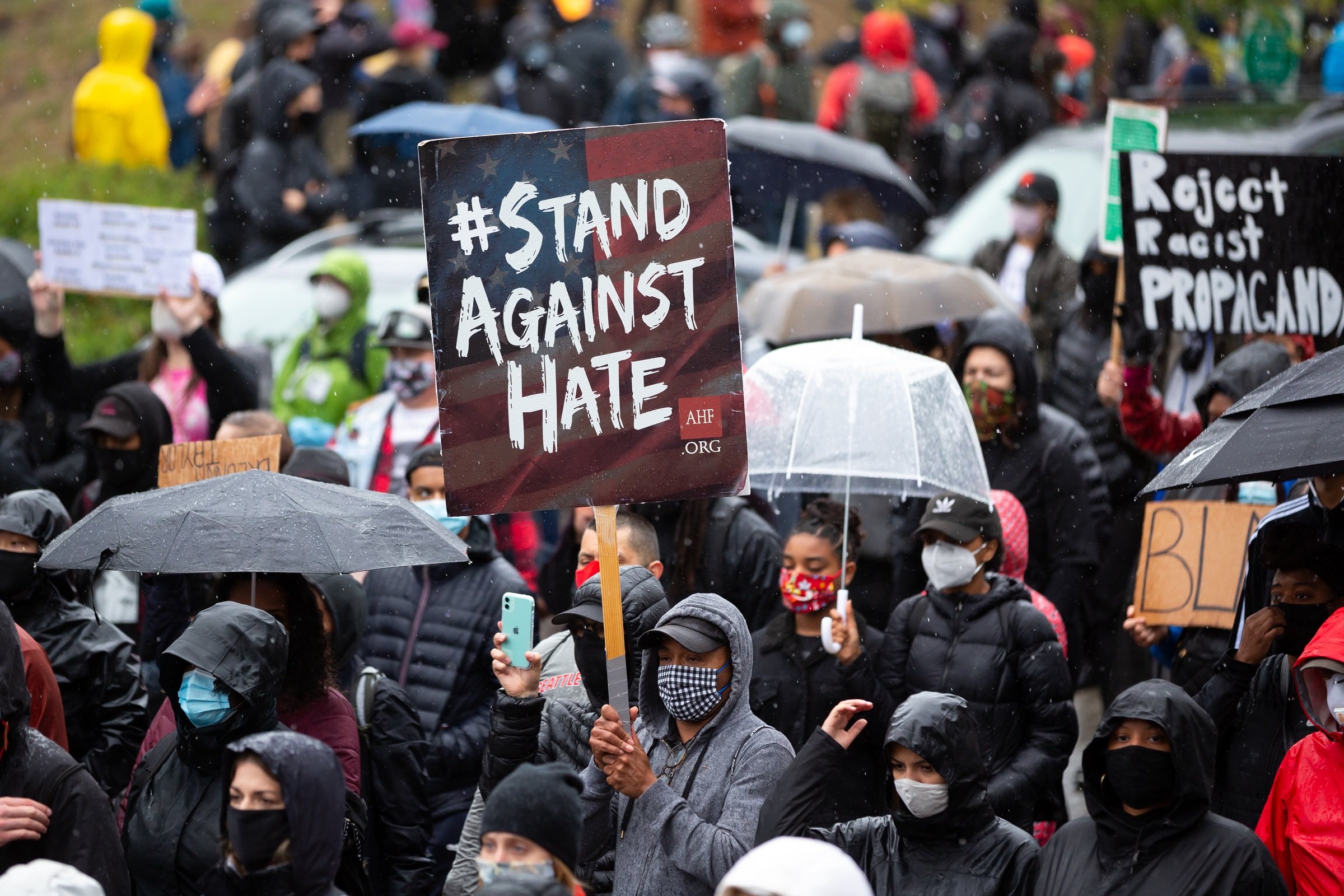
HATE CRIME FROM ELKS’ POINT OF VIEW
ANDREI, ANNA, ERKKA, GEORGE, MONA, RUXANDRA
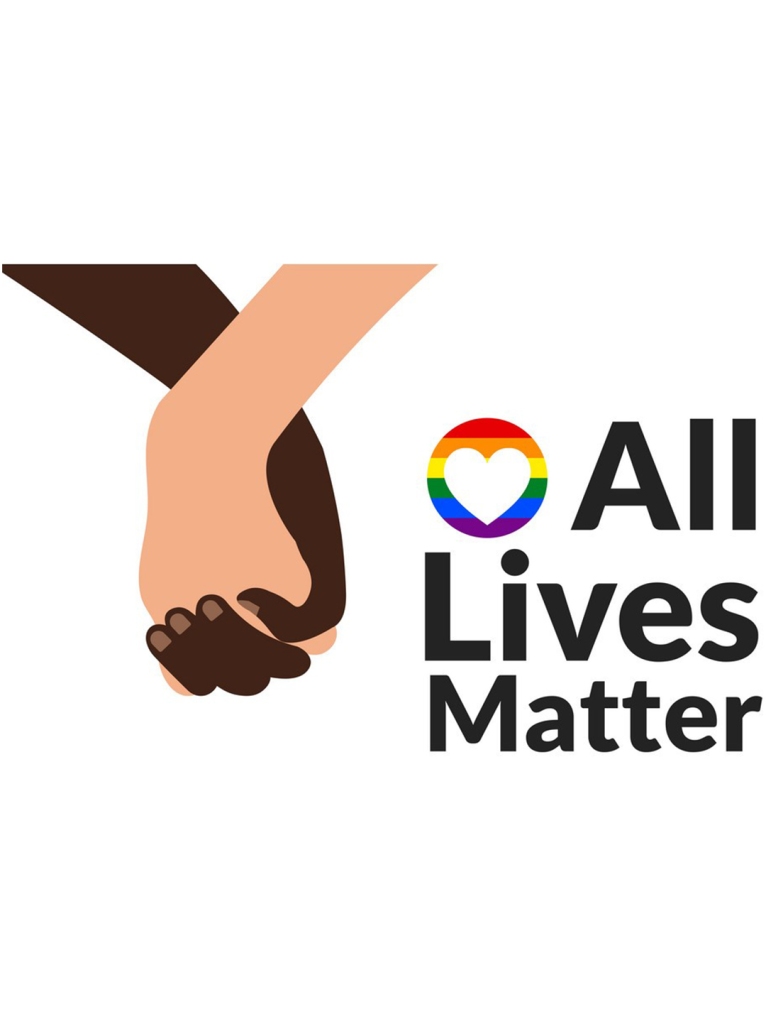
WHAT IS HATE CRIME?
A hate crime (also known as a bias-motivated crime or bias crime) is a prejudice-motivated crime which occurs when a perpetrator targets a victim because of their membership (or perceived membership) of a certain social group or racial demographic.
Examples of such groups can include, and are almost exclusively limited to ethnicity, disability, language, nationality, physical appearance, religion, gender identity or sexual orientation. Non-criminal actions that are motivated by these reasons are often called bias incidents.
Hate crime generally refers to criminal acts which are seen to have been motivated by bias against one or more of the social groups listed above, or by bias against their derivatives. Incidents may involve physical assault, homicide, damage to property, bullying, harassment, verbal abuse (which includes slurs) or insults, mate crime or offensive graffiti or letters (hate mail).
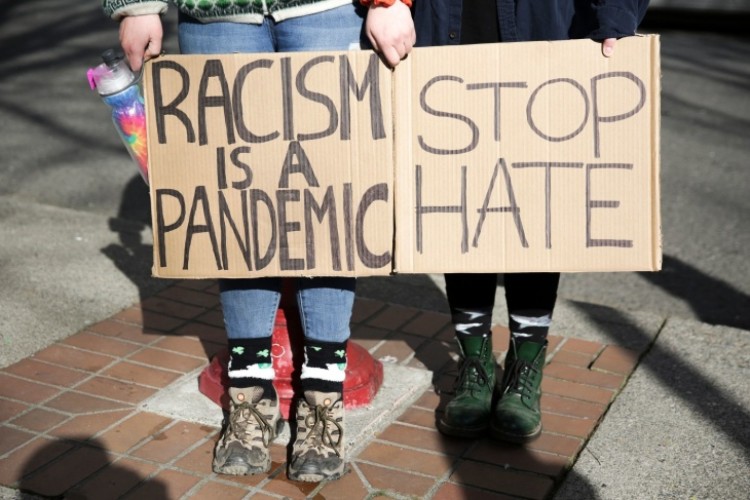
TEAM STATEMENT
We found the morning’s lecture really interesting. It provided us with a great insight into how hate crime is policed across Norway and Europe. Although we don’t have a special hate crime unit within the police in our countries, we do not take lightly people who commit any type of crime against sexual orientation, religion, race and disability. Each country has different sets of legislation and it would be interesting to find out why this is and how punishments differ across Europe.
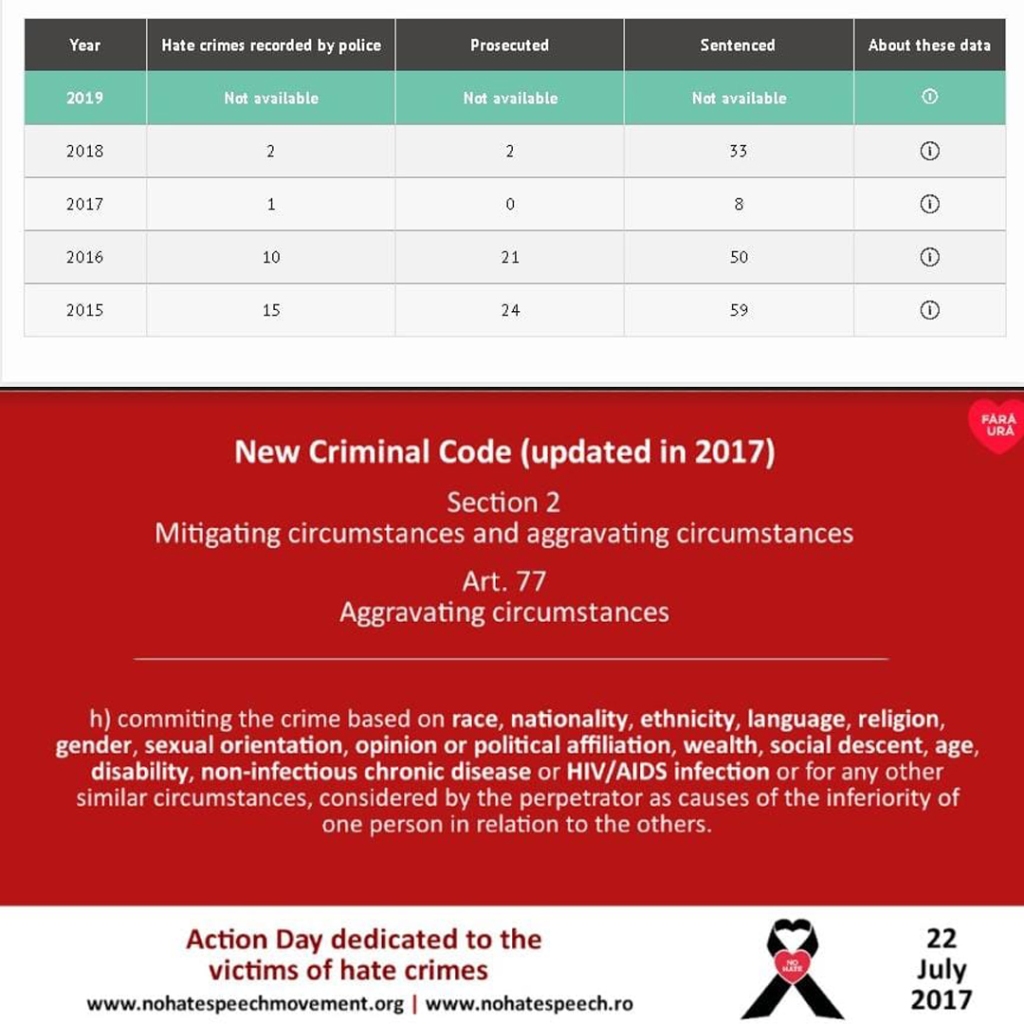
HATE CRIME IN ROMANIA
Romania regularly reports hate crime data to ODIHR. Romania’s criminal law contains a general penalty-enhancement provision and a substantive offence. Police data and prosecution data also include hate speech offences. The Ministry of Internal Affairs, the police, the Prosecutor’s Office and the Superior Council of Magistracy collect hate crime data.
The Romanian Police records all criminal offences in a dedicated database. Romanian investigative police officers have a duty to highlight all aggravating circumstances when registering criminal files that are under investigation. However, there are no designated procedures for recording hate crimes by the police. A working group has been created at the level of the Romanian Police to determine necessary changes to the registration and investigation of hate crimes. Prosecution files and court files include information about aggravating circumstances. This information is replicated and centralized in the judicial statistics application used by the Ministry of Justice. These data have been collected since 2014. At the start of 2018, the authorities established a statistical data collection mechanism, which introduced two new forms through which additional data on hate crimes are collected. The new mechanism provides for monitoring the use of the aggravating circumstance found in article 77, letter “h”, from the Criminal Code, and of the criminal offences under the Government Emergency Ordinance no. 31/2002, and allows for separate monitoring of all hate crimes in the judicial statistical system ECRIS. The change was made by Annex 19 to Order no. 298/2017 of the Prosecutor General of the Prosecutor’s Office attached to the High Court of Cassation and Justice, and amended Order no. 213/2015 on the organization and functioning of the information system of the Public Ministry.
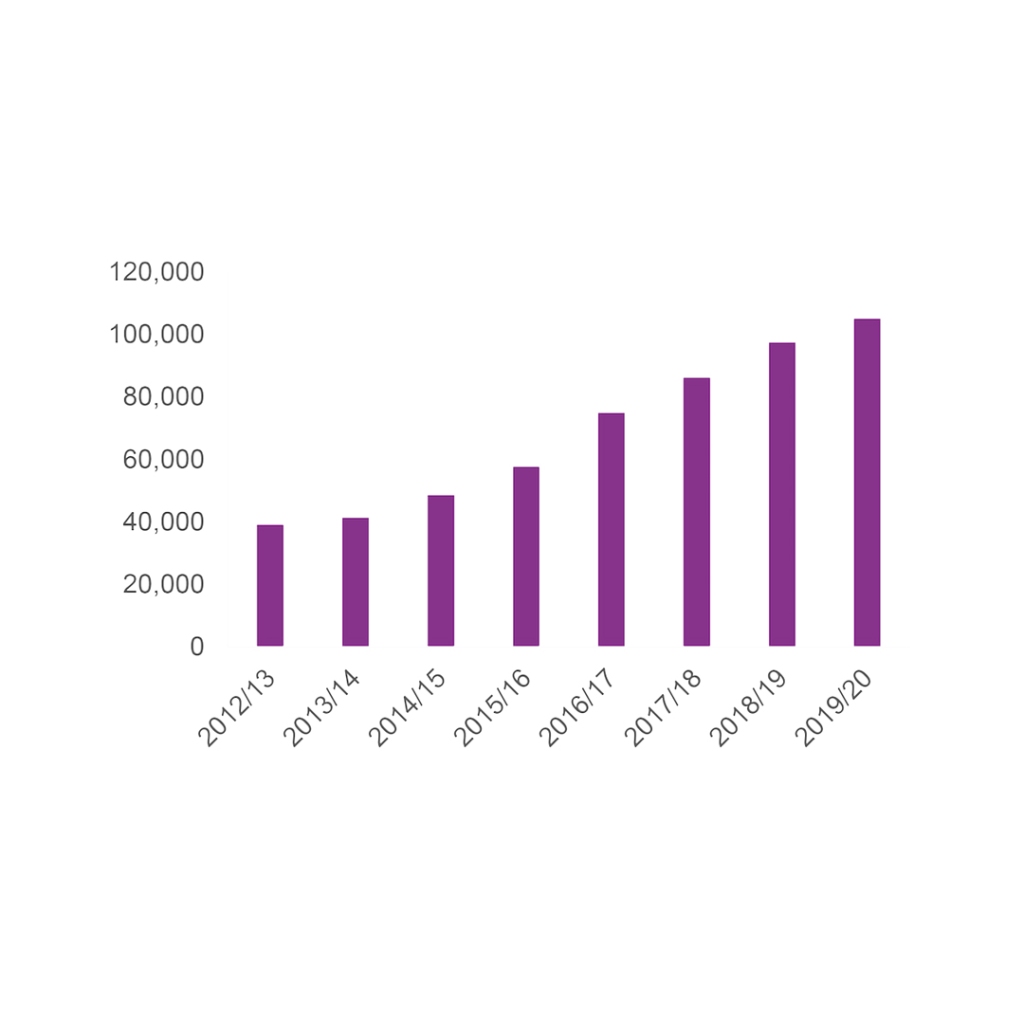
HATE CRIME IN THE UK
The UK defines hate crime as, ‘any criminal offence which is perceived, by the victim or any other person, to be motivated by hostility or prejudice towards someone based on a personal characteristic.’ There are five main strands of hate crime defined in the UK:
– Race of ethnicity
– Religion or beliefs
– Sexual orientation
– Disability
– Transgender identity
Hate Crime is currently a prominent issue within the UK with statistics stating that, ‘in year ending March 2020, there were 105,090 hate crimes recorded by the police in England and Wales, excluding Greater Manchester police, an increase of 8 per cent compared with year ending March 2019 (97,446 offences).
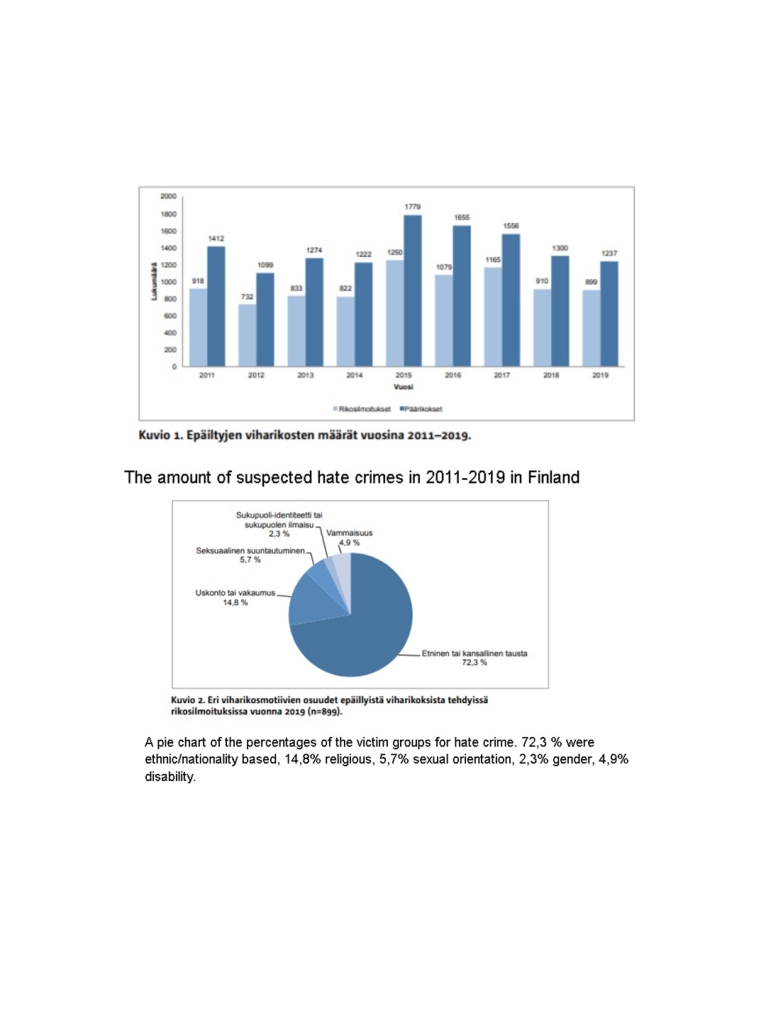
HATE CRIME IN FINLAND
The Finnish criminal law does not define the concept of a hate crime as it’s own criminal offence. In Finland any crime can be a hate crime if the underlying motive for the crime is hate towards certain groups of people. For prejudice or hostility to be considered a hate crime the motive needs to be hate towards: religion, nationality/ethnicity, gender, sexual orientation, disability or anything similar.
Hate crimes in Finland are seen as very dangerous because they do not target a random victim but the victim is rather carefully selected for who he/she is.
Hate crime lays the grounds for increasing the severity of the punishment. The punishments in Finland range from finesto up to four years in prison.
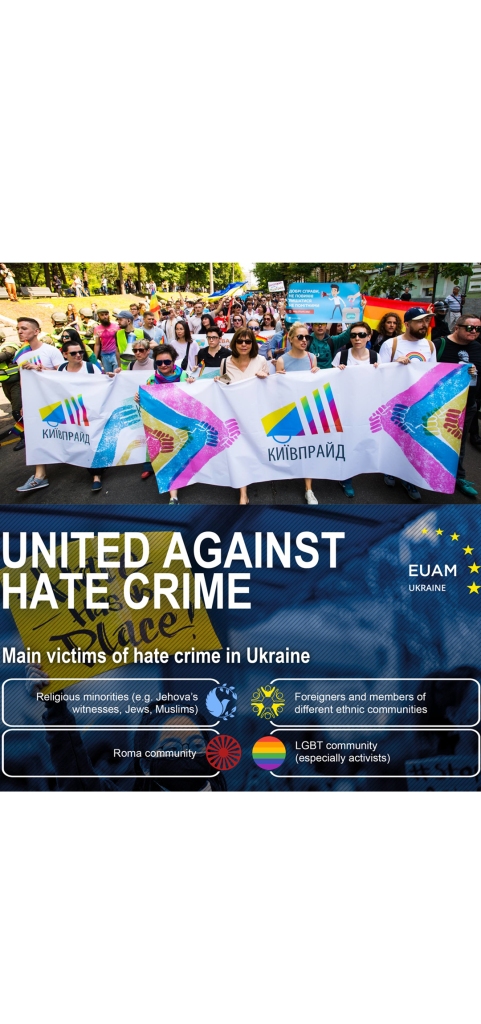
HATE CRIME IN UKRAINE
In Ukraine, hate crimes means crimes motivated by intolerance towards certain groups of the population.
Hate crimes have two components:
– The act must constitute a crime according to the Criminal the code;
– The crime must be committed with a bias motive.
Most of the crimes under the Penal Code can constitute a predicate offense, a necessary component of a hate crime. “Bias motive” means that the perpetrator has selected the victim of the crime on the basis-protected attribute.
Hate crimes in Ukraine are directed against:
– Foreigners and representatives of various ethnic communities in the country;
– Members of religious minorities, the property of these religious communities (for example, churches, synagogues, mosques and cemeteries), as well as private property;
The number of hate crimes is on the upward trend.
Criminals often consider their actions to be morally justified. If the community to which they belong does not condemn hate crimes and punish offenders effectively, this encourages criminals – current and potential – to continue their activities, leading to an increase in hate crimes.
To effectively investigate hate crimes and collect data, the police must be able to identify this type of crime; signs of bias are an extremely important tool in this process. When interviewing criminals, police officers should carefully examine the motives; many criminals openly admit their motives because they may feel that the rest of the community justifies and approves of their behavior.
In Ukraine, police play a central role in recording hate crimes because important facts of a case – including those that indicate a bias motivation – can be lost if they are not recorded correctly at the scene of the crime or when filing statements about him.
Over 6000 cases were recorded in Ukraine in 2020.
BIBLIOGRAPHY:
https://hatecrime.osce.org/romania
https://www.coe.int/en/web/no-hate-campaign/-/infocards-criminal-code-on-hate-crime-in-romania
https://en.wikipedia.org/wiki/Hate_crime
https://en.wikipedia.org/wiki/Hate_crime
https://poliisi.fi/viharikokset
WEEK 1 REFLECTION
We feel like the week has gone well so far. We’ve learned a lot about how other countries tackle hate crime, improved our communication skills and active listening. We feel like we worked very well as a group so far, we compared our academies and universities and learned many things about each and every one of them. We found the lectures and meetings insightful and we look forward to meeting again next week.
FINAL THOUGHTS
The past two weeks have been very insightful and we have learned a lot! We have not only learned new things from the lecturers but from other students in the class. We think it has been awesome to learn about hate crime and police education in other European countries. We also learned a lot about hate crime in our own countries because we needed to make a deep dive into the legislation in order to present that for our colleagues. After this course, we hope to be able to put into practice the knowledge we gained during these weeks. We hope more countries will have designated Hate Crime units in the near future and in time the rate for this type of crime will decrease.
Follow My Blog
Get new content delivered directly to your inbox.
Thanks Romania – I am looking forward to the other posts! Tell me, is it at all possible to collect statistics about hate crimes committed against Romanian citizens in other countries? I have some contact with a street musician here in Oslo – his instrument has been vandalized at least two times by a youth gang. It is really distressing!
LikeLike
Very nice work and interessteing reading! – Kirsti
LikeLike
Wow, this site was impressive!
It is interesting to read which minority groups are protected in the different countries, and how your legislation is. I saw that data collection was mentioned, and I believe this topic is one of the most important to have in order when working with hate crime in the police. If you cannot identify a bias motivation through the system, you do not know which minority is being targeted, or what preventative measures to implement.
You can read more about data collection from FRAs site if you are interested: https://fra.europa.eu/sites/default/files/fra_uploads/fra-2018-hate-crime-recording_en.pdf
God job! 🙂
LikeLike
Thank you so much and thank you for the FRA link, I will definitely check that out!
LikeLike
Thank you for your comments! It is nice to know you liked our post!
LikeLike
Wow – really interesting stuff, and wonderful pictures to illustrate. In your group statement you say it would “be interesting to know more”… well – if you have an upcoming bachelor thesis to work on – why not continue working on this topic and trying to find out why legislation is different? Maybe team up with someone you meet during this course to make a small comparative study between two countries?
LikeLike
That’s a brilliant idea and a great topic for someone! I just actually finished my thesis so I can’t use this – maybe when I do my master’s 😉
LikeLike
Good to know that things have gone well so far! Looking forward to your reflections on this weeks’ lectures!
LikeLike
Wow, the way you created your blog and the way you summarized all the interesting facts about hate crime in the different countries is just great. I enjoyed reading it a lot, very interesting. But why is the number of hate crime cases in the UK that high? Do you know what the main reason could be or what kind of crime rises this amount so intensively?
LikeLike